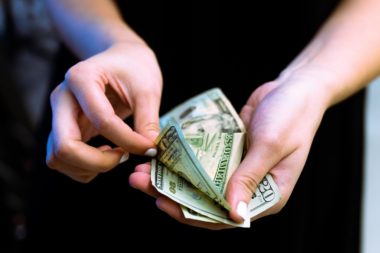If you’re searching ‘shop pawn,’ you’re probably curious about how pawn shops can provide immediate cash for a short-term loan, or wondering what kind of items you can buy or sell. Our straightforward guide takes the mystery out of pawn shop transactions, outlining how collateral loans work and what to expect when you walk through the doors of a pawn shop.
Key Takeaways
- Pawn shop loans are fast, secured loans requiring no credit checks, offering quick cash using valuable personal items as collateral with loan repayment failure resulting in loss of the pawned item.
- Interest rates for pawn shop loans vary widely, ranging from 12% to 240% depending on state laws, and loan amounts are usually 25% to 60% of the item’s resale value.
- Pawn shop loans provide an alternative to payday and bank loans, catering to immediate cash needs without affecting credit scores, but they come with higher APRs, potential extra fees, and the risk of losing the item if the loan is not repaid.
Navigating Pawn Shop Loans
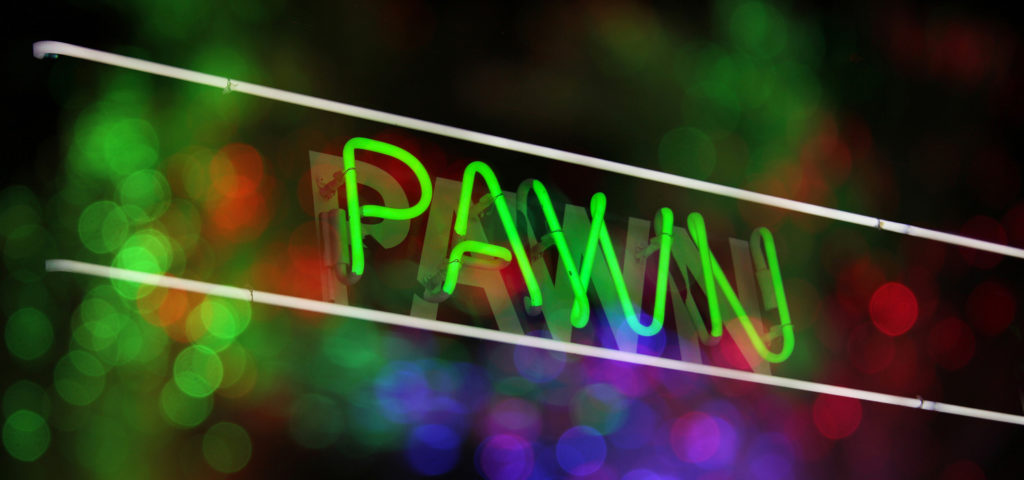
Collateral loans, also known as used vehicle loans or pawn shop loans, represent a secured loan category where customers can access immediate funds by pledging valuable items as security. These types of collateral loans serve as an expedited source for modest sums of money, which is not the norm with conventional banks.
Various items such as jewelry, electronic devices or vehicles may be used to secure a collateral loan. This broad range of acceptable assets provides flexibility in acquiring these short-term financial solutions.
How Pawn Shop Loans Differ from Other Secured Loans
Pawn shop loans differ from conventional secured loans, such as mortgages or auto loans, in that they allow borrowers to offer a diverse array of personal possessions as security instead of solely the item being financed. While failing to pay off a traditional auto loan could lead to the forfeiture of your automobile.
On the flip side, if you fail to fulfill your repayment obligations on a pawn shop loan, it’s likely that you’ll forfeit whatever item you’ve offered as collateral.
The Process of Obtaining a Pawn Loan
The procedure for obtaining a pawn loan is simple and quick. Your belonging is evaluated by the pawnbroker, who then provides you with immediate cash that amounts to approximately 25% to 60% of your item’s potential resale value. In exchange for the money, you leave your possession with the shop and are given a pawn ticket in return, which you must keep as it’s essential when you come back to retrieve your property following repayment of the loan.
Should there be a failure to pay off the loan within stipulated terms, there are two options: either negotiate an extension on the repayment period or allow the pawn shop ownership rights over your item so they can sell it themselves in order to recuperate their investment.
Understanding the Terms: Interest Rates and Loan Amounts
Pawn shops have interest rates that vary widely, from 12% to an astonishing 240%, with state and local regulations determining these percentages. Establishments such as Lincoln Pawn offer substantially lower monthly rates at around 3%. The loan itself can be anywhere between $25 and a significant $25,000, but on average hovers near $150. This amount usually represents about 25% to 60% of the resale value of the item pawned.
The Pros and Cons of Pawn Shop Loans
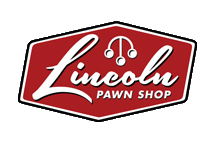
Assessing the pros and cons of collateral loans and pawn shop loans can give a better understanding to determine if this particular type of loan aligns with your financial requirements, as with any monetary choice one makes.
Advantages of Quick Cash and No Credit Checks
Pawn loans present a significant benefit by providing immediate funds without the need for credit checks, unlike conventional bank loans. This renders them an attractive alternative for individuals with either poor credit, or nonexistent credit histories. Defaulting on a pawn loan will not have any negative impact on your credit score.
The procedure to secure a pawn loan tends to be quicker than that of online lending options. Consequently, this makes pawn loans particularly suitable for those facing pressing monetary requirements.
Risks of Higher Interest Rates and Potential Loss of Items
Despite their convenience, loans from pawn shops have substantial hazards. These loans typically have annual percentage rates (APRs) that can be as steep as 200%, but they still tend to be less expensive than other pricey options like payday loans. The average monthly interest rate for a loan from a pawn shop is around 10%, which translates to an effective yearly rate of about 120%. Additional costs, such as storage and insurance, might also be tacked on.
It’s especially important to note that not paying back a pawn shop loan could lead to the forfeiture of the item you’ve pawned.
Comparing Pawn Loans with Payday and Bank Loans
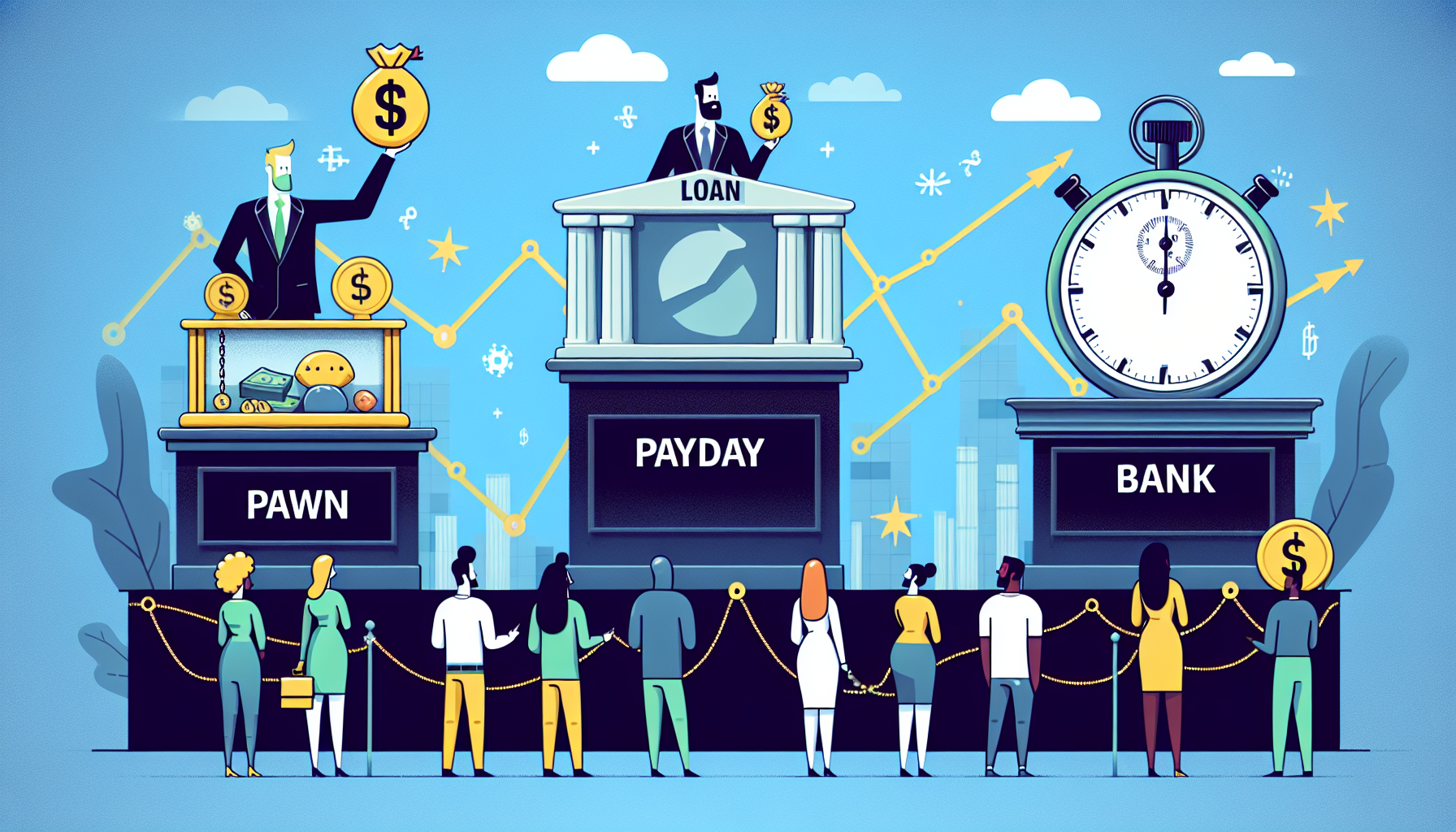
After conducting an in-depth exploration of pawn shop loans, it’s now possible to evaluate them alongside payday and bank loans. This comparison offers a more comprehensive perspective on the position that pawn loans occupy within the wider financial sphere.
Payday Loans: Fast Money with Steep Costs
Payday loans are designed as:
- minor, temporary unsecured advances
- aimed at bridging the financial gap for an individual until they receive their forthcoming paycheck
- a quick source of cash. They carry hefty fees.
- known to have annual percentage rates (APR) that can surpass 400%, which is considerably more expensive than those associated with pawn shop loans.
If these types of loans aren’t handled with care, the exorbitant costs involved can trap borrowers in a continuous loop of debt.
Traditional Bank Loans: A Long-Term Option
At the opposite end of the spectrum, alternative lending options are conventional bank loans, which often feature lower interest rates. The specific rate is determined by factors such as the value and category of collateral offered, as well as the loan-to-value ratio. Nevertheless, obtaining a bank loan typically requires a lengthy application process that includes rigorous credit investigations and an underwriting stage to assess if borrowers have adequate repayment capacity. This could make them unsuitable for those seeking immediate or minor financial assistance.
Alternatives to Pawn Shop Loans
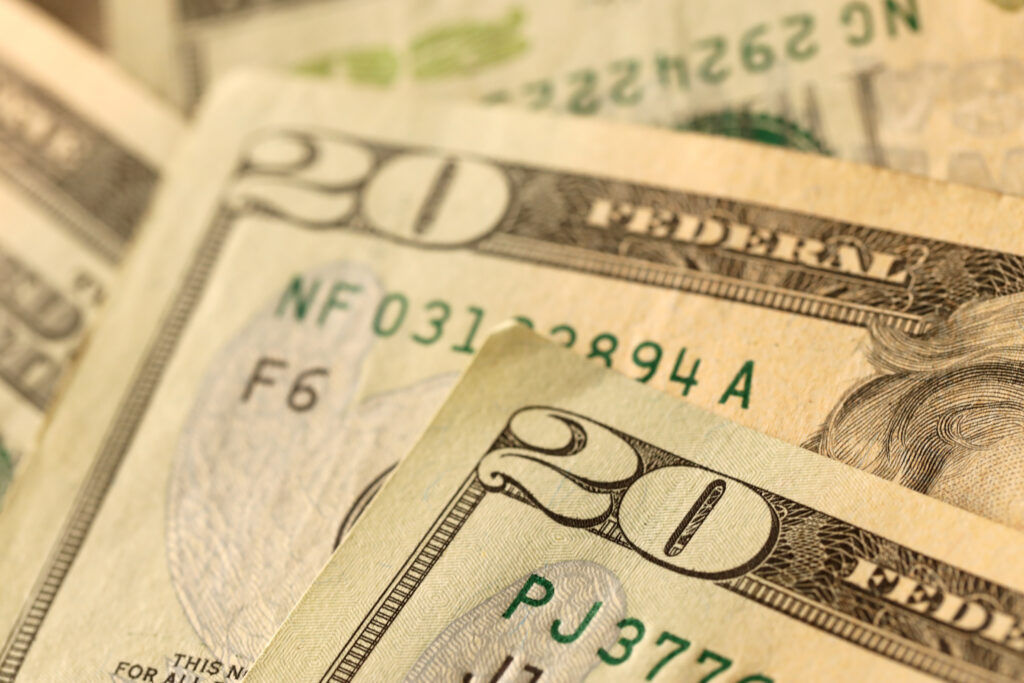
Should you be exploring various lending possibilities, it might behoove you to weigh alternatives against pawn shop loans. These options can include securing personal loans from banks or other financial entities, obtaining secured credit cards, leveraging lines of credit, or potentially tapping into your own savings account for funds.
Personal Loans from Financial Institutions
Secured personal loans, unlike unsecured personal loans provided by banks or credit unions which don’t require collateral, often come with the benefit of lower interest rates and more generous repayment terms. These unsecured loans are frequently preferred for consolidating debt, enhancing homes, or as substitutes for home equity loans. The issuance of such personal loan varieties typically hinges on an individual’s credit score and history. Nevertheless, when contemplating these lending options versus a secured personal loan that does involve pledging assets as security—which might include pawn shop loans—one should thoroughly weigh the downsides associated with collateralized borrowing agreements.
Making Smart Choices in Personal Finance
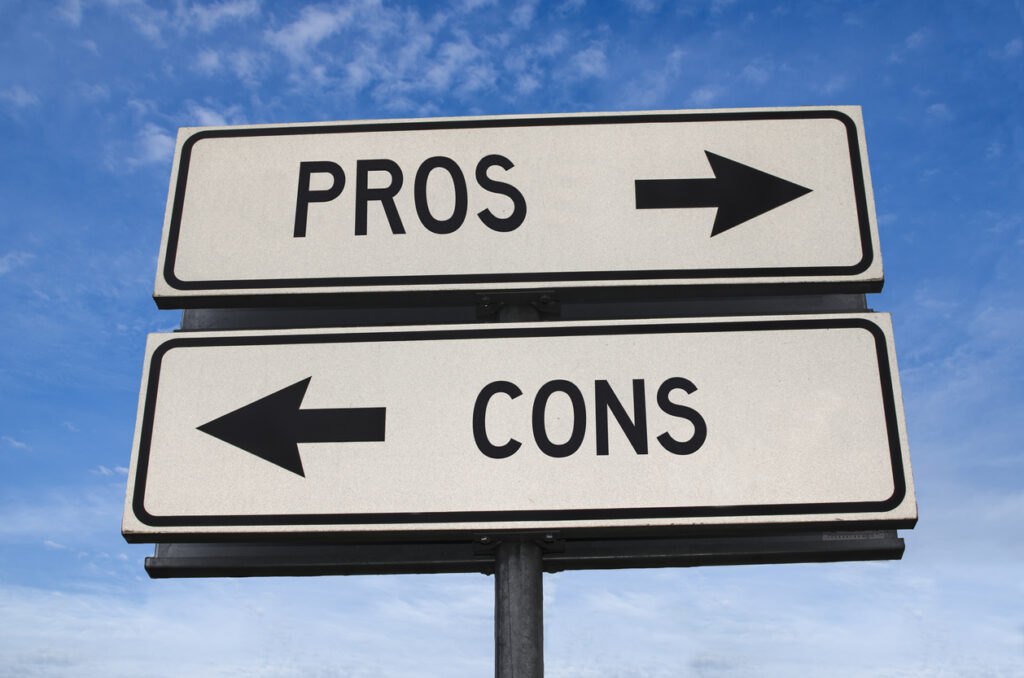
It’s critical to acquire knowledge on various loan options, comprehend their respective interest rates and repayment conditions when making savvy personal finance decisions. This includes evaluating one’s financial standing as well as considering the specifics of pawn shop loans and other alternatives.
Assessing Your Financial Situation
It’s crucial to evaluate your financial status before securing any loan. Understanding your credit score is key as it influences the choice of the most suitable unsecured loan option. Interest rates on unsecured personal loans vary between 6% and 36%, with your specific rate being dictated by your credit score. Consulting with financial experts may prove helpful if you are unsure about this process.
When to Choose a Pawn Loan
During tax season, when the need for quick cash arises, a pawn loan can be a savvy option. For individuals who anticipate receiving a tax refund but currently require funds, pawn loans provide instant monetary relief without affecting their income and credit history much.
The Lifecycle of a Pawn Loan
Consider the lifecycle of a pawn loan, which includes key steps such as repaying the borrowed amount plus interest, options to extend the loan term if necessary, or facing forfeiture of the item pledged as collateral in case repayment isn’t feasible.
Repaying the Loan: Monthly Payments and Interest
Borrowers are required to repay the loan amount with interest through monthly payments when they take out pawn loans. Each payment typically includes both a principal and an interest component, although there is often an option to pay only the interest in order to prolong the duration of the loan term.
Default and Retrieval: What Happens When You Can’t Pay
If a borrower defaults on repaying the pawn loan, the legal rights of the pawnshop come into effect, allowing it to take over possession and sell the collateral in order to recover the amount lent. Fortunately for borrowers, failure to repay these loans won’t tarnish their credit score since there is no requirement for credit checks with pawn shop loans.
Should you find yourself unable to pay back a pawn loan, you have the option of willingly handing over your pledged item as collateral directly back to them. This decision prevents any Debt from accumulating.
Tips for Shopping at a Pawn Shop
Pawn shops serve not just as sources for loans, but also as repositories of distinctive, high-quality goods that can be purchased at reduced prices. To maximize your shopping experience in pawn shops, consider the following advice.
Finding Quality Items at Bargain Prices
Pawn shops offer a varied collection of second-hand, well-known brand items at cost points more affordable than conventional retail outlets. They stock an extensive selection of products such as:
- ornaments
- high-end fashion accessories
- gadgets and tech devices
- music-related equipment
- hardware instruments
- transport means
Pawn shops are treasure troves for unique collectibles and uncommon discoveries.
Selling and Pawning: Getting the Best Value for Your Items
When considering the sale or pawn of your possessions, be aware that objects such as jewelry, electronics, tools, musical instruments, and other valuable items are often recognized as a valuable asset.
These specific categories of goods are commonly accepted at pawn shops to serve as collateral. It’s important to remember that knowing the prevailing market value of your belongings can help you secure an optimal transaction.
Summary
To sum up, loans from pawn shops provide a quick and convenient source of instant funds for individuals lacking good credit or any at all. Yet, these loans are attached to elevated interest rates and carry the risk that the item used as collateral could be forfeited if one borrower fails to pay back the loan. It’s critical to have a solid grasp of your financial standing, explore available alternatives, and recognize your ability to repay before making an informed fiscal choice.
Frequently Asked Questions
What are pawn shop loans?
Secured loans that involve individuals obtaining funds by offering valuable items as collateral are known as pawn shop loans.
What items are commonly accepted as collateral at pawn shops?
Typically, pawn shops will accept a range of collateral such as electronics, jewelry, musical instruments, tools, and other valuable items.
Utilizing these objects can help one secure a larger loan, or exchange them for immediate cash when necessary.
What happens if I fail to repay a pawn loan?
Should you default on a pawn loan, be cognizant that the pawnshop has the right to claim possession of your collateral and may sell it in order to recoup the loan amount. Understand what’s at stake.
What are the interest rates for pawn shop loans?
The interest rates associated with pawn shop loans are broad, ranging from as low as 12% to a steep 240%, influenced by the regulations specific to each state and locality. Some pawn shops even provide loans at rates as competitive as 3% monthly.
It’s advisable to conduct inquiries into various local pawn shops in order to ascertain their particular loan interest rates.
What are some alternatives to pawn shop loans?
Investigating alternatives such as personal loans, secured credit cards, and lines of credit from a financial institution or entities can offer additional flexibility in borrowing, while also potentially featuring lower interest rates compared to pawn shop loans.

